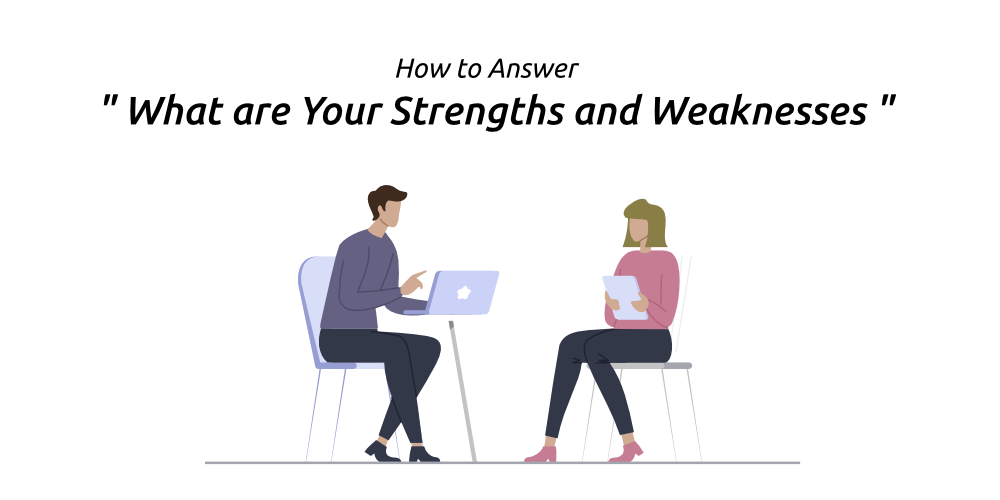If you’re asked to describe your “greatest weakness” in a job interview, there’s obviously no need to answer with the truth….but what should you say instead? During most modern interview sessions, employers choose straightforward questions that add value to the assessment process and directly address the candidate’s ability to do the job, for example “Have you done this type of work before?” and “Tell me how you typically respond to deadline pressure.” Savvy employers also, however, like to ask behavioral questions that shed some light on how candidates have reacted to a certain problem or challenge, for example “List your greatest weaknesses.” This common curve ball may seem tricky, but in reality, interviewers are really just looking to see that you have problem solving skills, a bit of humility, and the ability to learn from your mistakes. Here are a few moves to keep in your back pocket when answering this question.
Don’t be flustered.
No matter which words you choose, your emotional response to the question can show your employers how you react to high-pressure situations and awkward social conundrums. If you keep your cool and stay relaxed, you’ll gain ground. If you become brittle, touchy, or visibly confused, this won’t work in your favor.
Pause.
Before you speak, spend at least two full seconds gathering your thoughts. Take a full breath in and out. Rushing into a nervous answer can make it seem as if you have something to hide, and it can suggest that your “weaknesses”, whatever they may be, can get the best of you.
Understand the game.
The best solution to this tricky question does not include pouring out your heart and explaining how you struggle with punctuality or organization. Instead, think of this as an invitation. You’re being asked to play a game, so play. You’ll be judged by how well you evaluate your own performance, make personal changes, and learn new things. So choose an answer that demonstrates those attributes but that doesn’t sabotage your candidacy for the position.
No clichés.
Playing the game (and playing to win) means avoiding the tired path that novice employees have taken since the dawn of time. Skip clichés like “I work too hard” or “I care too much.” While you’re at it, watch out for the hackneyed move of describing someone else’s weakness and contrasting it with your own strength and brilliance. For example: “My idiot coworker almost lost a huge account last year, but I stepped in and saved the day using my natural leadership skills.”
Talk about a weakness from your past
Here’s a simple way to answer this question without putting your chances in harm’s way: Talk about a weakness that held you back in the past but that doesn’t affect your work now. Make sure your weakness represents a challenge that you’ve long since overcome, and talk openly about your growth process. Describe the moment you recognized the problem, and then explain the steps you took to put it behind you. Don’t be afraid to share how truly difficult this was for you; again, your interviewer will be interested in hearing how you tackle challenges and overcome obstacles.







